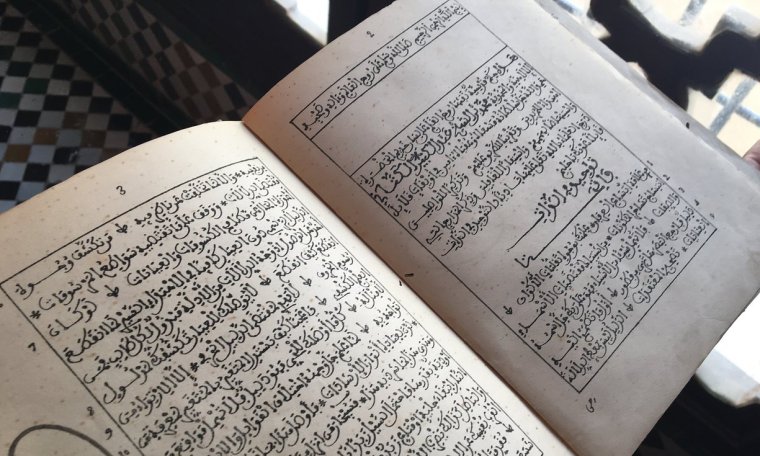Christienna Fryar
SUNY Buffalo State
Cross-posted from New Books in History
 Accounts of late-nineteenth-century US expansionism commonly refer to an open-door empire and an imperialism spurred by belief in free trade. In his new book The “Conspiracy” of Free Trade: The Anglo-American Struggle over Empire and Economic Globalization, 1846-1896 (Cambridge University Press, 2016), Marc-William Palen challenges this commonplace. Instead, he notes, American adherents to Richard Cobden’s free-trade philosophy faced off against and ultimately lost to a powerful version of protectionist economic nationalism inspired by German-American economic theorist Friedrich List. The success of Listian protectionism spurred closed-door, aggressive US expansionism and also challenged free-trade orthodoxies in Britain, where political-economic policy also shifted toward protectionism by the end of the nineteenth century.
Accounts of late-nineteenth-century US expansionism commonly refer to an open-door empire and an imperialism spurred by belief in free trade. In his new book The “Conspiracy” of Free Trade: The Anglo-American Struggle over Empire and Economic Globalization, 1846-1896 (Cambridge University Press, 2016), Marc-William Palen challenges this commonplace. Instead, he notes, American adherents to Richard Cobden’s free-trade philosophy faced off against and ultimately lost to a powerful version of protectionist economic nationalism inspired by German-American economic theorist Friedrich List. The success of Listian protectionism spurred closed-door, aggressive US expansionism and also challenged free-trade orthodoxies in Britain, where political-economic policy also shifted toward protectionism by the end of the nineteenth century.














You must be logged in to post a comment.